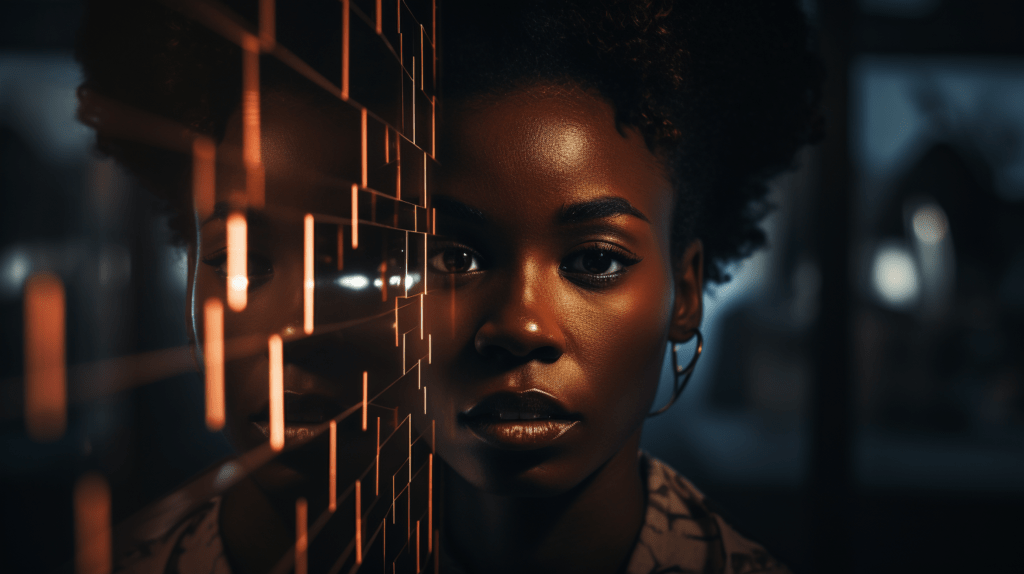
The Dark Side of Facial Recognition: How Biased Algorithms Fuel Racial Profiling and Wrongful Arrests
Unveiling the racial bias in facial recognition technology and its devastating impact on Black communities.
By Darius Spearman (africanelements)
About the author: Darius Spearman is a professor of Black Studies at San Diego City College, where he has been teaching since 2007. He is also the author of various books, including Between The Color Lines: A History of African Americans on the California Frontier Through 1890.
Introduction
Facial recognition technology is under fire, and for good reason. A surge in lawsuits by Black plaintiffs against law enforcement agencies is exposing the racial bias embedded in this technology. Take the case of Randal Quran Reid, a Black man wrongfully arrested in Louisiana due to a flawed algorithm. This isn’t an isolated incident; it’s a pattern that reveals the darker aspects of technological advancement.
The Rise of Facial Recognition Lawsuits
The courtroom has become a battleground for racial justice. Black individuals are increasingly filing lawsuits against law enforcement agencies, claiming wrongful arrests due to misidentification by facial recognition technology. The emotional and psychological toll of these wrongful arrests is immeasurable.
“Facial recognition technology is fundamentally flawed when it comes to identifying people of color. This is not just a bug; it’s a feature of a system designed without considering racial implications.” – ACLU
Table 1: Number of Lawsuits Filed by Black Individuals Against Facial Recognition Misuse (2018-2023)
| Year | Number of Lawsuits |
|---|---|
| 2018 | 12 |
| 2019 | 18 |
| 2020 | 25 |
| 2021 | 33 |
| 2022 | 45 |
| 2023 | 52 |
Case Study: Randal Quran Reid
Randal Quran Reid’s life turned upside down when he was wrongfully arrested in Louisiana. The facial recognition system mistook him for a suspect, leading to his arrest and subsequent humiliation. “I was treated like a criminal for something I didn’t do,” Reid lamented. His story is not unique; it’s a narrative that many in the Black community can relate to.
The Technology Behind the Bias
So, what’s the glitch? Facial recognition technology relies on algorithms that are trained on datasets. These datasets often lack diversity, leading to racial bias. The absence of accountability and oversight makes the situation even more alarming.
“The datasets used for training these algorithms are predominantly white and male. This is a recipe for disaster when applied in diverse communities.” – MIT Technology Review
The Bigger Picture: Racial Profiling and Technology
This isn’t just about flawed technology; it’s about a system that perpetuates racial disparities. The misuse of facial recognition is a modern manifestation of racial profiling, an issue that has plagued Black communities for decades.
Conclusion
It’s high time we address the racial bias in facial recognition technology. More accountability and reform are needed to ensure that this technology does not perpetuate systemic racism. Stay informed and take action. Your voice can make a difference.
Additional Resources
For those interested in diving deeper into the systemic issues that contribute to racial profiling and technological bias, our previous articles on Black politics and anti-Black politics offer valuable insights.
